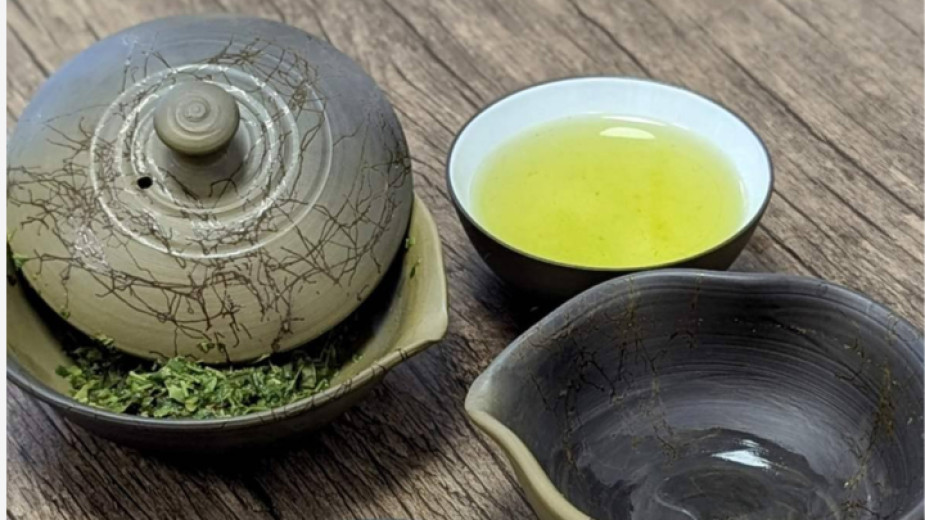 10
10
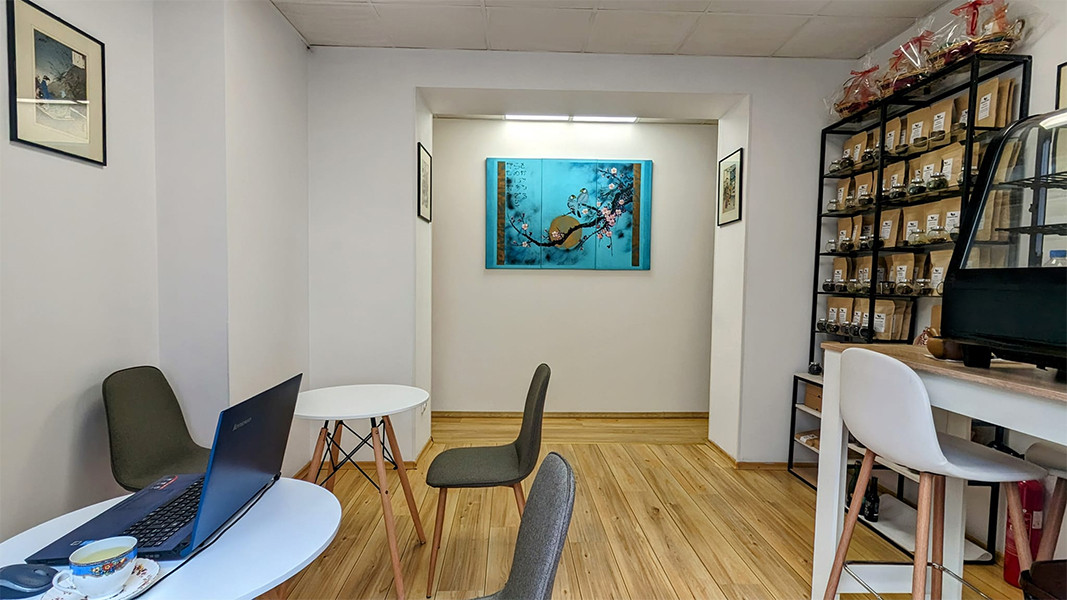
"The first thing that made me think about giving it a go was the stats – in England, people drink about 2 kilos of tea per person. This means that in a country with a population of over 60 million, even if there are many similar businesses, you start with the hope that there will be enough market for you,‘ recalls our interlocutor. ’The truth, however, is that the English drink the lowest quality tea from tea bags. The tea I work with cannot be treated that way; you have to give it attention and focus on how it is made. With loose teas, each infusion requires attention and the temperature is very important. Black tea from a bag is ready in 2-3 minutes, but if you leave a higher grade tea for that long, it will not taste as good as it could and should."
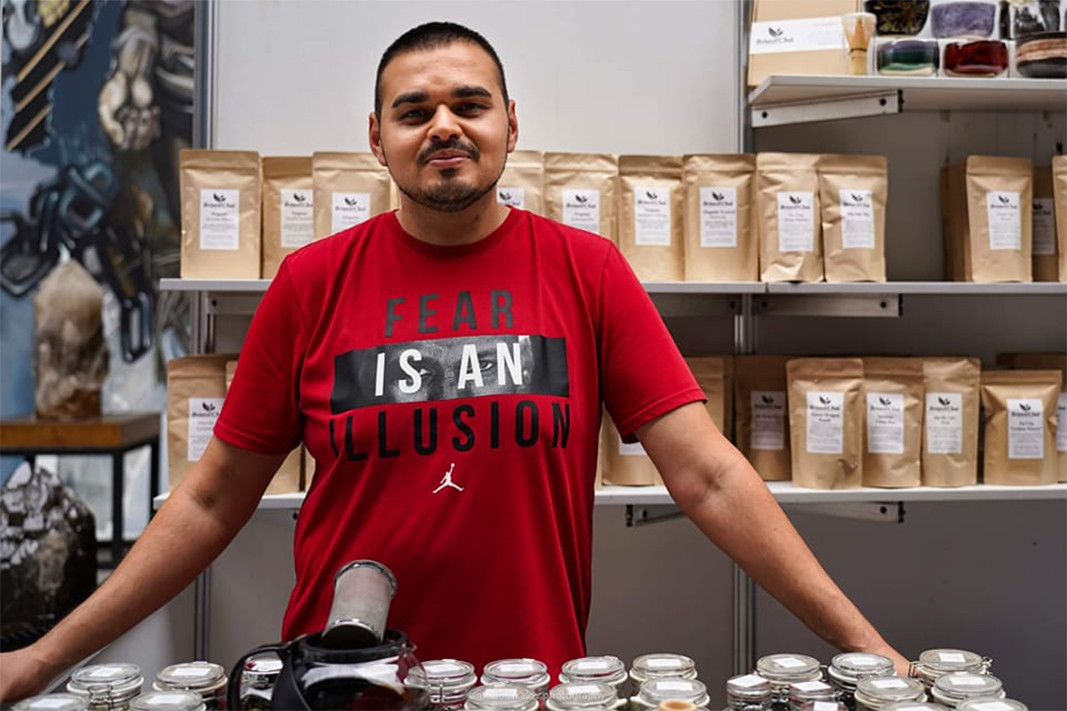
According to Nikolay, tea tasting is similar to wine tasting because each subsequent infusion reveals new notes of flavour.
Within three months, shortly before the start of the Covid-19 pandemic, our compatriot mastered the subtleties of growing, caring for, harvesting, brewing and serving tea on a special plantation in a small Japanese town, half an hour by train from Kyoto. A working day there started at 6 a.m.:

"I worked for them without being paid, but they were very open and willing to teach me everything they knew. Thanks to one of the farmers being married to a French woman and one of the workers being English, communication was much easier for me. Every day, we started with a team meeting to plan the day's tasks and who would be assigned to them. Depending on whether it was harvest time or whether we were fertilising, weeding or digging the plantation, people would split into teams and get to work. They use a training style called Senpai/Kohai: you are a student for the first month, practise everything in the second month, and in the third month you become a teacher to the next group of volunteers."
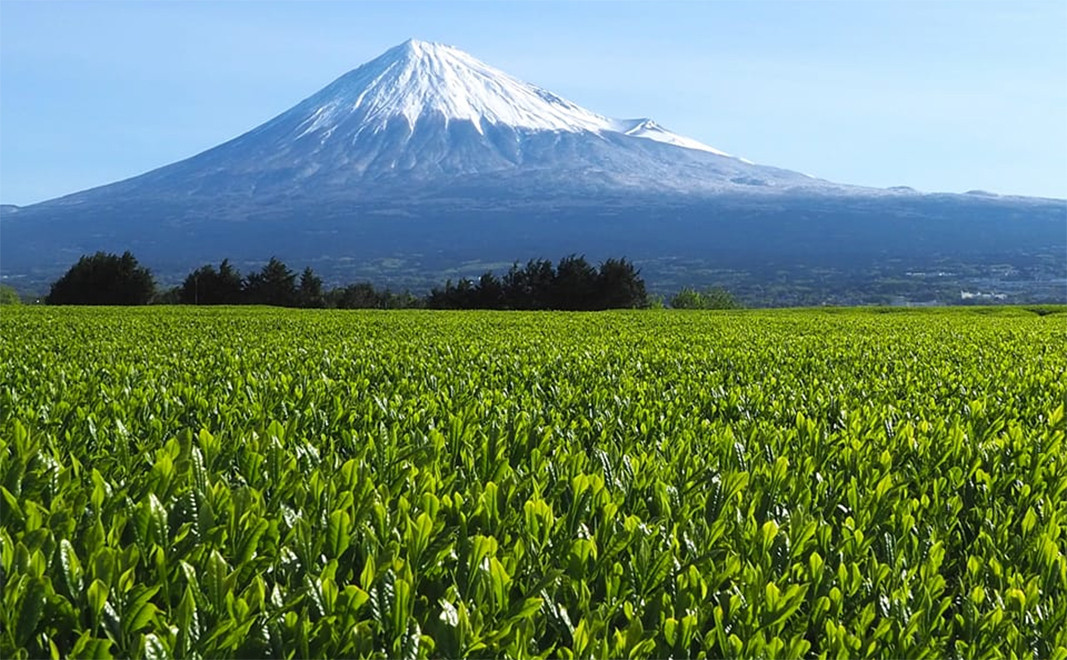
While he was still living in the United Kingdom, Nikolay gradually developed the idea of opening his own tea house to increase Bulgarians' and foreigners' appreciation of quality tea. After a while, a friend invited him to a tea festival in Sofia.
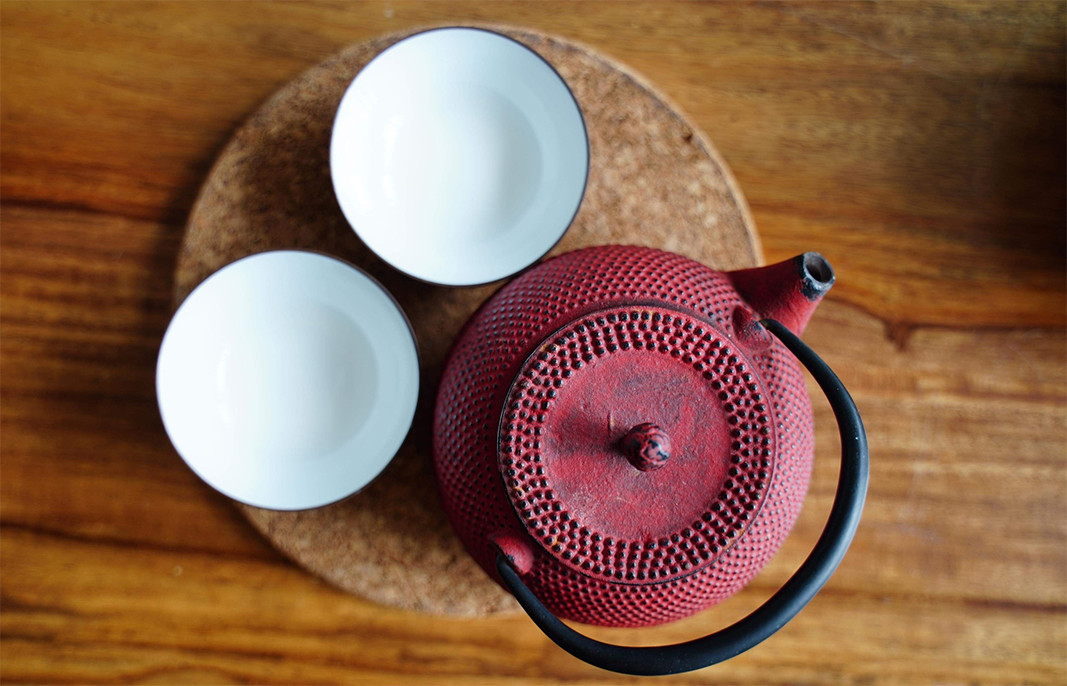
"I arrived in Bulgaria completely unprepared, with just a backpack and a suitcase full of tea, ready to introduce myself to the local market. I found that there was a greater demand for something more unusual than was currently available, and that quality tea could only be found in a few places, mainly in Sofia. Quite by chance, I was offered this space, and I decided to grasp the opportunity. Instead of just creating a place where people could sit and drink tea, I tried to establish a community where they could learn something new," explains Nikolay Kandilarov, a Bulgarian who created a tea paradise in the heart of Sofia.
The Bulgarian minority in Romania marked a significant event with the official opening of the Bulgarian Inn in the village of Izvoarele (Hanul Bilgarilor), Teleorman County (Southern Romania)- a locality with Bulgarian roots dating back over 200 years...
The 14th edition of DiVino.Taste, Bulgaria’s leading forum for wines and winemakers, will take place from 28 to 30 November at the Inter Expo Centre in Sofia. Over 80 producers from all wine regions will participate, offering tastings of around 600 of the..
Minutes before the second and final reading, at the parliamentary budget and finance committee, of the state budget for 2026, the leader of the biggest party represented in parliament GERB Boyko Borissov halted the procedure and sent the draft bill..

+359 2 9336 661
